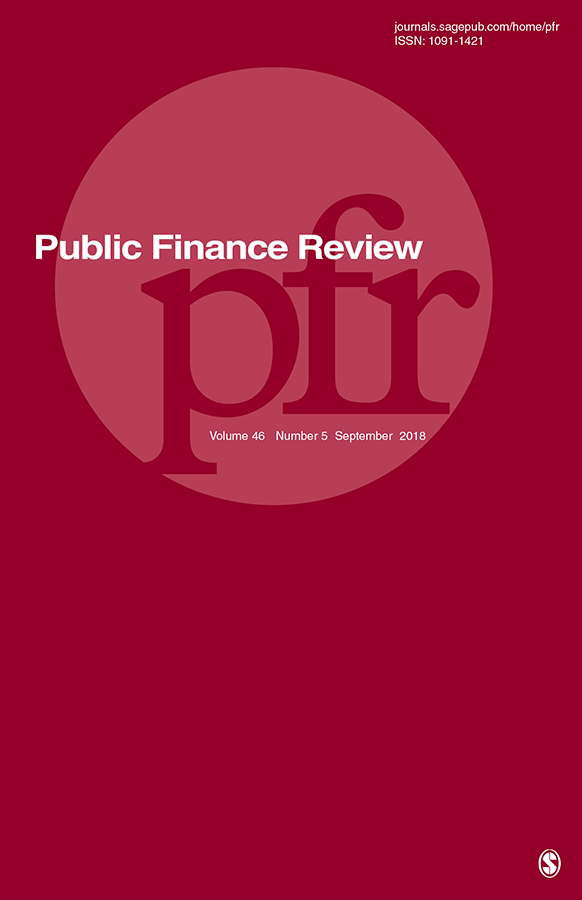
Vertical Grants and Local Public Efficiency
This paper analyses the impact of vertical grants on local public sector efficiency. First, we develop a theoretical model in which the bureaucrat sets the tax price while voters choose the quantity of public services. In this model, grants reduce efficiency if voters do not misinterpret the amount of vertical grants the local bureaucrats receive. If voters suffer from fiscal illusion, i.e. overestimate the amount of grants, our model yields an ambiguous effect of grants on efficiency. Second, we use the model to launch a note of caution concerning the inference that can be drawn from the existing cross-sectional studies in this field: Taking into account vertical financial equalization systems that reduce differences in fiscal capacity, empirical studies based on cross-sectional data may yield a positive relationship between grants and efficiency even when the underlying causal effect is negative. Third, we perform an empirical analysis for the German state of Saxony-Anhalt, which has implemented such a fiscal equalization system. We find a positive relationship between grants and efficiency. Our analysis shows that a careful reassessment of existing empirical evidence with regard to this issue seems necessary.





